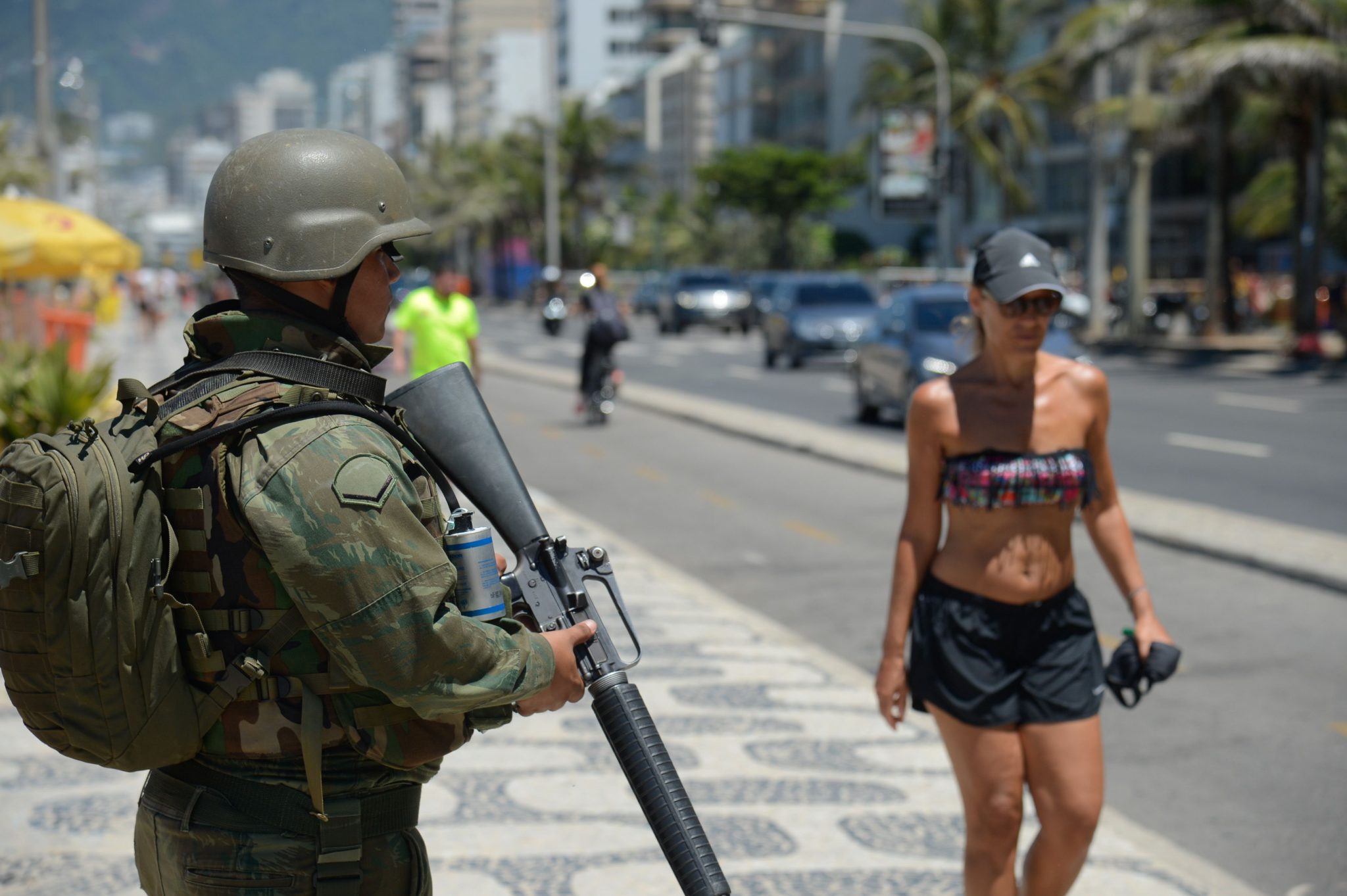
Just one year after the uprisings that saw the deaths of over 140 inmates in Roraima and Amazonas state prisons, another rebellion killed 9 convicts in a state prison in Goiás on the very first day of 2018. A few weeks later, another 10 inmates were slaughtered in the northeastern state of Ceará. But beginning the year with bloodshed was more than a reminder of the previous year’s tragedy. For public security experts interviewed by The Brazilian Report, these inmate deaths in Brazil serve as further evidence that the country’s National Plan for Public Security (PNSP) is far from achieving its goals.
“It’s difficult, even impossible, to evaluate the proposals that would have been a plan,” said Arthur Trindade, a researcher with the Brazilian Forum for Public Security (FBSP) and professor at the University of Brasília. Trindade laments the lack of concrete measures announced, calling the PNSP a reactive response by the federal government to the events in January and February of 2017.
The PNSP, which aims to co-ordinate state-led security programs, was the Temer administration’s first attempt to federally centralize security plans. However, statistics continue to call into question the PNSP’s relevance: the Institute for Economics & Peace (IEP), an international think tank, ranked Brazil 108th out of 163 countries in its 2017 Global Peace Index, falling three places from the previous year.
Domestic monitoring institutions have also published...


 Search
Search






































